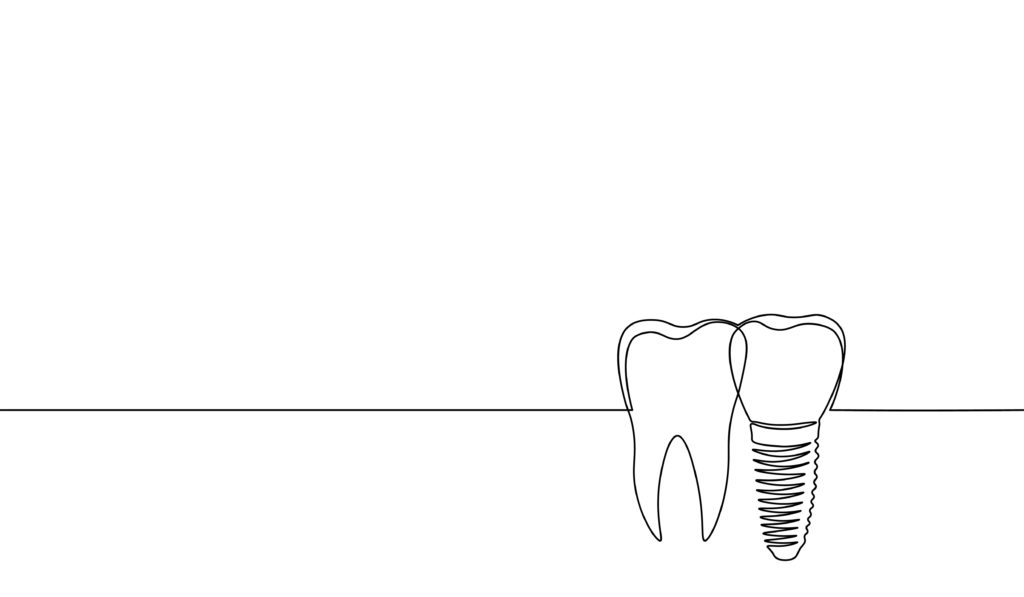
Welcome to Minidentalimplants.org.uk where we examine the mini dental implant restorative treatment to its limits to ensure you are in the know. You may have come here because you are looking into the various options available to restore your damaged or decayed teeth, or you have been recommended the treatment by a dentist and want to get a better idea of the process and what it involves. Whatever you reason we are here to help you.
Dental implants have taken the world of dentistry by storm and are now an incredibly popular restorative treatment. Dental implants are a long-term measure for replacing gaps left by teeth that have been extracted due to severe decay or lost as a result of an accident or injury. Mini dental implants, on the other hand, are a smaller version of the full-size model; they are generally used to support dentures but can also be used to support single crowns and dental bridges.
History of mini dental implants
Mini dental implants were developed to benefit patients who struggle with full-size dental implants because they have limited space in their jaw bone for implants to be fitted. Mini dental implants were first used in the 1970’s but were not considered as a long-term restoration until 1999 when the Food and Drug Administration in America classified mini dental implants as a long-term, permanent restoration.
The treatment is still relatively new so the long-term effects of mini dental implants are not really known; however, many of the patients who had implants fitted in the 1970’s were still happy with them 30 years later when the classification was changed.
Initially, dentists tended to use mini implants to support dentures; however, they are now being used to support dental bridges and crowns as well.
Mini dental implants consist of two component parts: a small, fine titanium rod and an O-shaped ring, which is implanted into the base of the dentures. The rod is used to replace the root of the missing tooth.
Minidentalimplants.org.uk sets out to answer your queries concerning min dental implants to make sure you are able to walk into a dentist’s practice fully aware of what the treatment you are about to undergo involves.
What’s the next step?
If you have done your research properly and have decided that mini dental implants are indeed the ideal choice for you then the next step is to discuss this treatment option with your dentist. They can prescribe treatment according to your individual requirements, and assess whether you are suitable for treatment or not.
